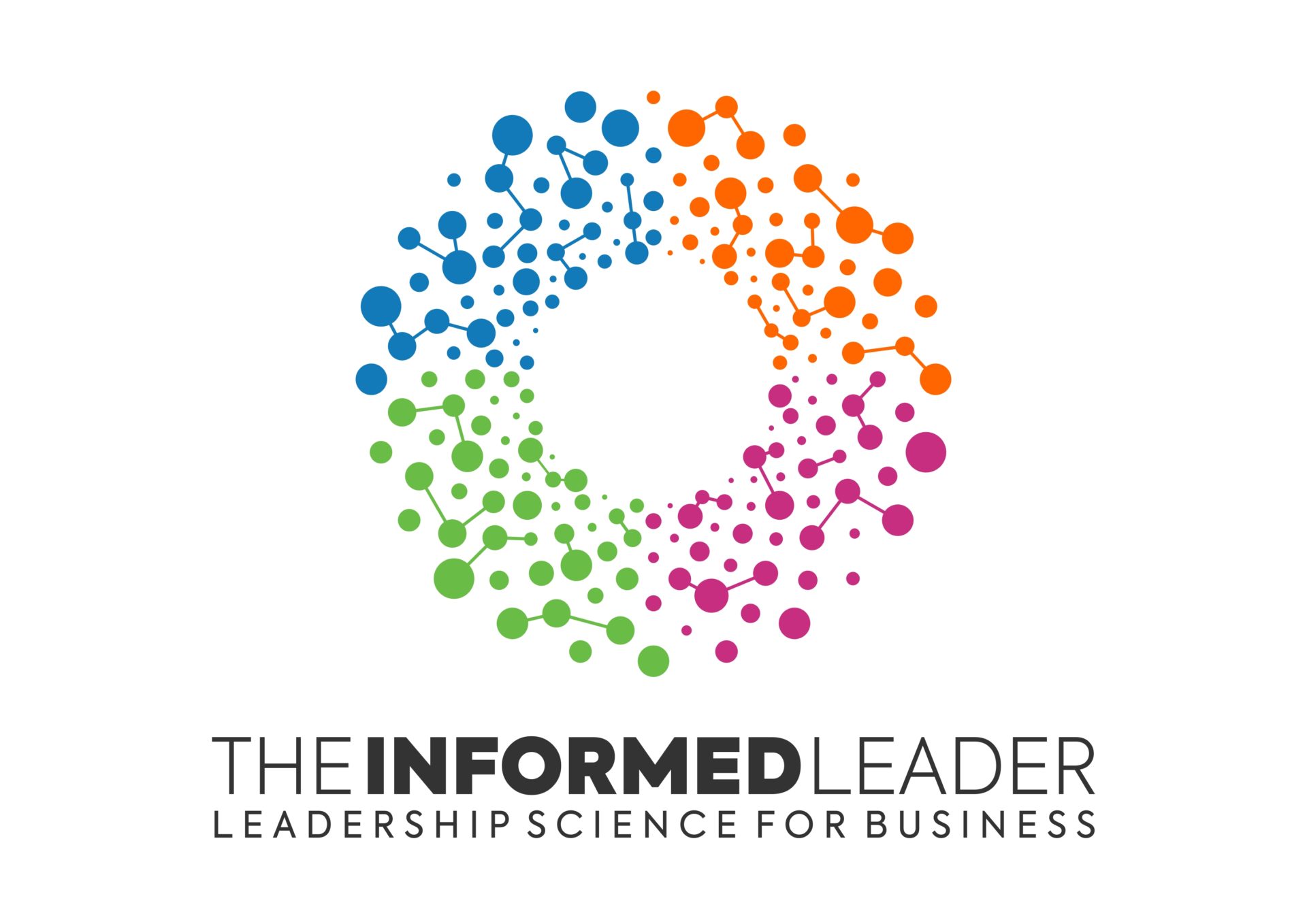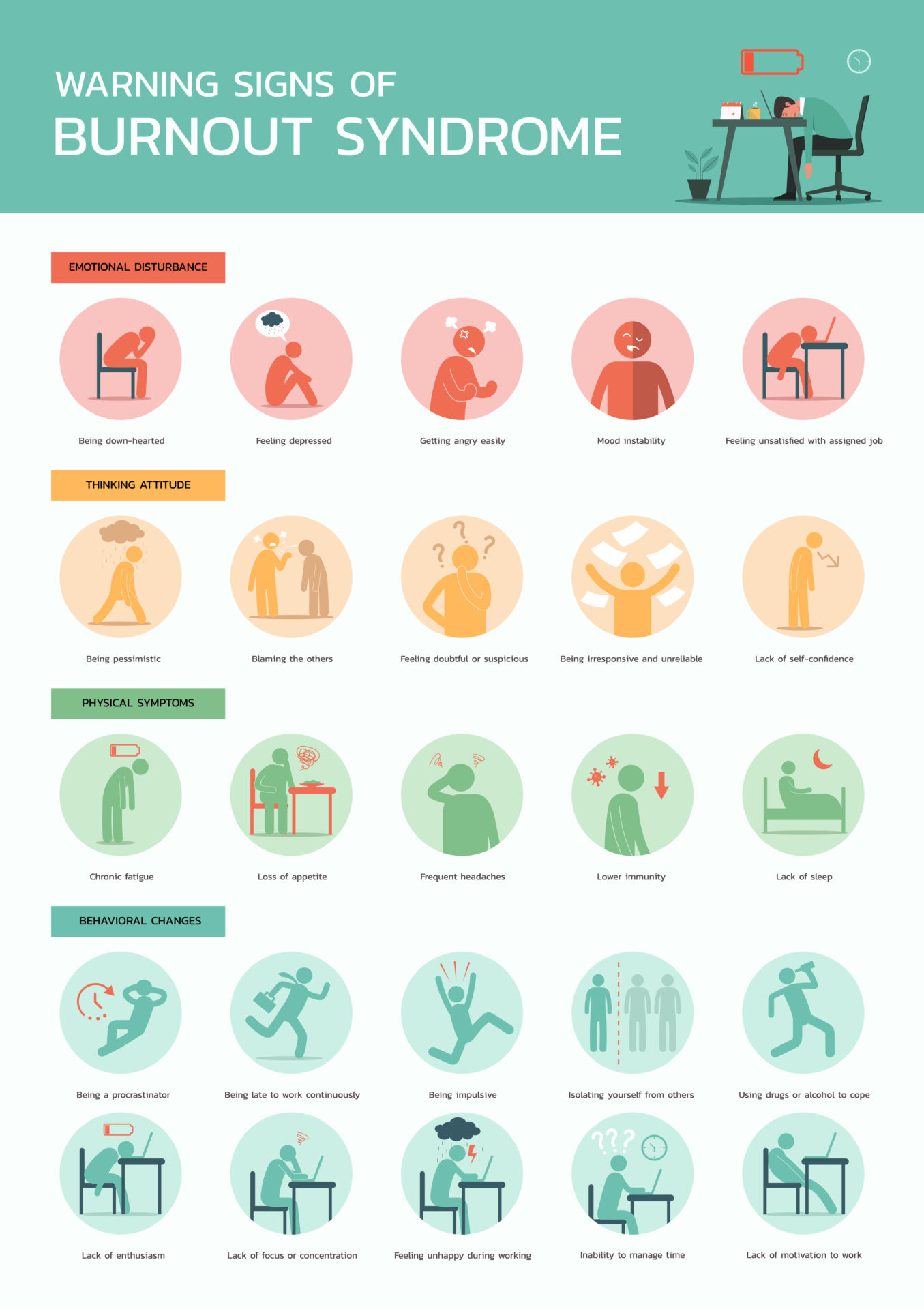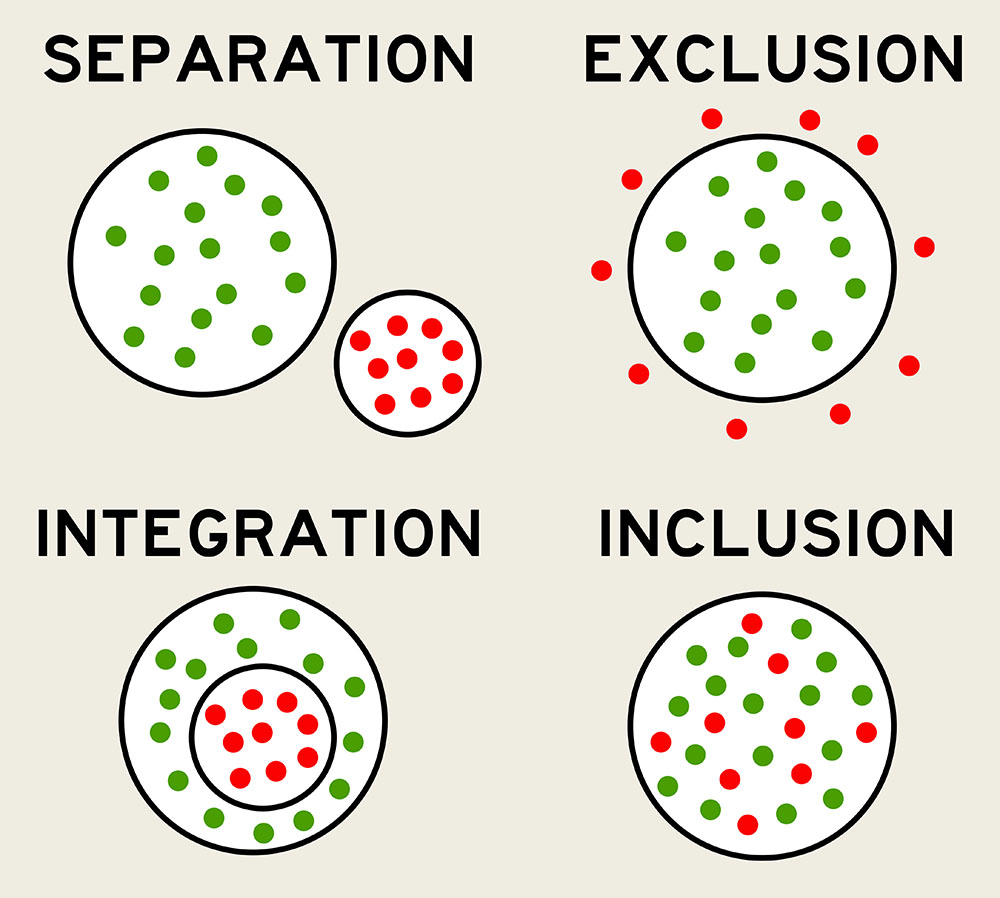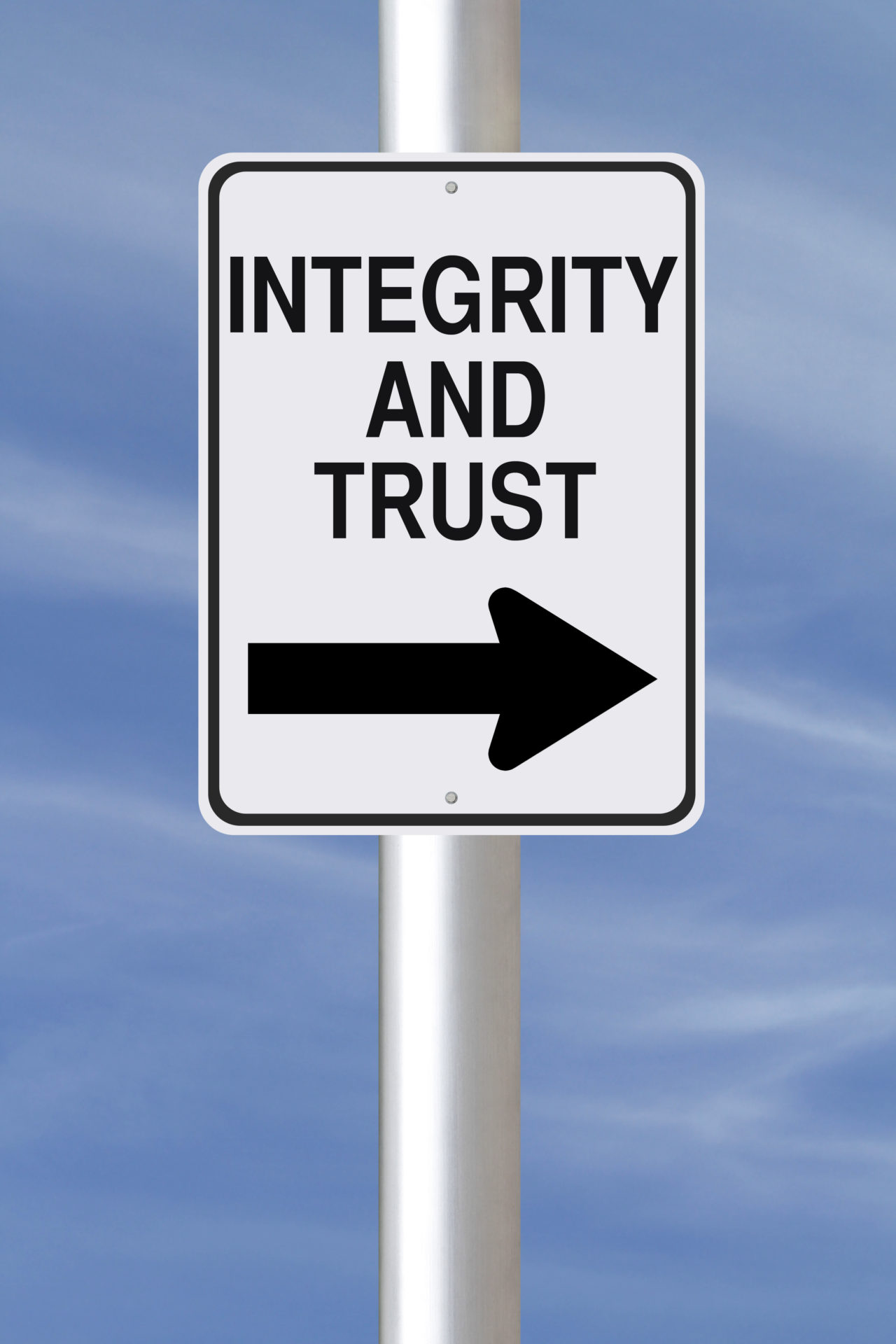In today's business/corporate/entrepreneurial paradigms, businesses need to adapt and embrace a new mindset when it comes to customer service. There was a time, not far gone, when consultants, instructors, mentors, [...]
The concept of loyalty is cherished in business - it is a quality that is cherished and sought after by employers and teams, but over these last few decades the [...]
What is Mental Healthiness? The conversations surrounding mental health have graduated from whispered corners cloaked in shadows of shame to one of the most dominant topics of our day. The [...]
Drivers vs Mechanics There is a meaningfully tragic consequence to the much-admired spirit of individualism in our culture. The result is the inclination, rapidly becoming a cynical cultural meme, [...]
Conversations That Create Trust Our purpose is to give you the necessary tools and knowledge to lead your organization with insight, charisma, and openness. These are not just abstract values [...]
Empathy is a component skill of emotional intelligence or, as I prefer, emotional competence. We can increase our emotional competence in the same way we can improve other skills by [...]
What is a “Reset Moment”? A "reset moment" is a stock-taking, mid-conversation assessment by every person in the dialogue on how that conversation is going. Reset moments are integral to [...]
What is "Othering"? Othering has its origins in the basic ability to differentiate between oneself and others. We see it develop early in childhood, but before a certain stage, children [...]
Learned Helplessness The theory of learned helplessness is based on experiments in which a group of unfortunate laboratory animals is repeatedly shocked with no ability to escape. A different group [...]
In short, ad hominem means that instead of having a discussion about a relevant or interesting issue, you would prefer to talk about the other person.
Cognitive dissonance is when our beliefs and/or behaviors combine in a distorted, off-center fashion
"Because we've always done it this way!" Unless the conversation concerns an actual tradition, this argument is almost never useful.
In plain terms, the Dunning-Kruger Effect is the tendency of the ignorant (and/or uninformed, and/or inexperienced) to overestimate their abilities, and the tendency of the learned, competent, and experienced to underestimate or under-represent themselves.
How would your life be altered if you realized that through study and practice, you could get progressively smarter? The only question that remains after this realization is which interests (or necessities; life has many pressures) you'll choose to concentrate on.
False dichotomy Binary choices Black-and-white thinking Polarization The either/or fallacy Reducing Our Choices The false dichotomy fallacy can go by a number of different labels. The gist of it is [...]
What is Narcissism? The chances are very good that you've encountered a bona fide narcissist in your life's journey so far. The word ('narcissist') comes from the Greek myth of [...]
There comes a point in every career (or the point should come) where we achieve competence. This is a really excellent moment because much of our anxiety has an opportunity [...]
Ethical standards & practices create long-term value. They create relationships of trust, including employees who don't burn out and who work hard because they believe in the company. Ethical standards are attractive, in the basic sense of the word.
The goal (the only one that makes sense) is to be happy.
When a small group makes decisions for a big group, it doesn't stick very well. If you want sustainable change, you need participation.
An essential role of leadership is to encourage conversations and resulting social agreements about what the organization and its people should pay attention to and be concerned with, and then [...]
People will dislike you more for being unfair than they would like you for being fair. They'll also talk about it more.
Your organization is perfectly designed to give you the results you are currently getting. If you are struggling with changing your organizational behavior, then you probably also have many stories [...]
Here's what I learned during my doctoral study of salespeople who sell more than 240 cars per year.
Here’s a theory on an all-too-dominant management mindset (whether or not it resonates is up to you): People are components of the organization To function, a certain number of each [...]

























